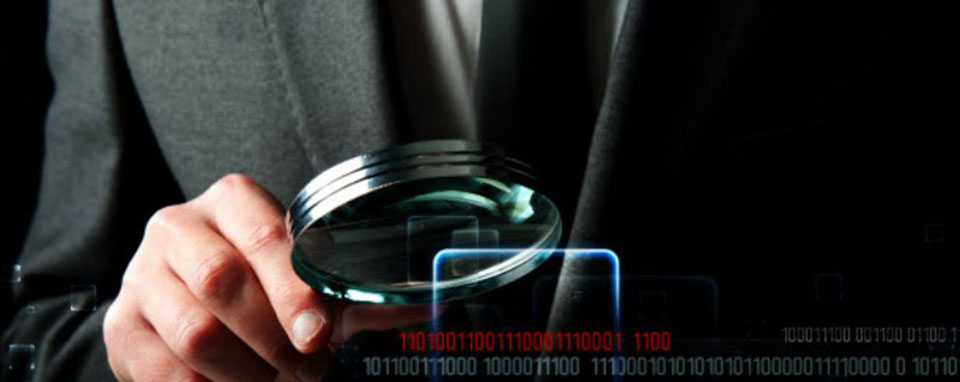What you shouldn’t do to Protect your Website from Hackers?
You cannot deny the fact that WordPress is one of the best and popular platforms to build websites today. However, the popularity of WordPress has also made it quite vulnerable to hacking bad spamming threats. In fact, around 30% of WP websites are attempted to be hacked every day.
Therefore, it becomes all necessary to protect your site from hackers.
After all, it is always better to be safe than sorry.
Today, we are going to share a list of 10 don’ts of WordPress website that would help you make your website more secure and keep hacking at bay.

1. Don’t take backups for granted
A majority of new bloggers and webmasters who consider backups as an occasional thing. Well, as long as you are not adding content, updating or maintaining your website on a regular basis, you can happily take it for granted. However, if you take your online business seriously, backing up your website on a regular basis is a “must” thing. This way, in case, your website gets hacked by a hacker, you can restore it in a matter of a few minutes and get back on with a bang.
2. Don’t keep plugins that you are not using
We often download and install a few plugins just to try them out and forget about them as we find the best one. However, unused plugins are one of the most common entry points for hackers. Since they don’t get updated, they become vulnerable to your website. Therefore, it is always a bright idea to delete them.
Note: Deactivating is not enough, you need to delete them to reduce the vulnerability
3. Don’t overuse Plugins
There is no denying the fact that plugins are one of those things that make WordPress so popular. Moreover, for a non-technical person, plugins come as a lifesaver. Unfortunately, using too many plugins not only make a site slow but also vulnerable. Often times, you download and install a large number of plugins to solve different functions on your site. Instead of using so many plugins, try to limit their use. Find plugins that can add two features and reduce the use of other plugins.
4. Don’t use a weak password and “admin” as username
You probably have heard it so many times and still, a majority of webmasters take the risk of keeping their username as admin as well as weak passwords. Don’t keep your site at risk by making such silly mistakes.
5. Don’t keep the default File permissions
Don’t use file permission as 777. You don’t want to give hackers an opportunity to change your index.php file from anywhere. You should rather keep 750 or 755. Also, give your wp-config.php file 600 permissions.
6. Don’t use premium themes or plugins for free
There is a reason why premium themes or plugins are premium. Downloading them for free may save you a small amount of money in the short run but may cost you a fortune in the long-run. Therefore, try not to use premium features for free. If you are running out of your budget, you can opt for a free alternative since WordPress has a huge community that offers free stuff too.
7. Don’t display PHP error reporting
Displaying PHP errors on your site gives access to your site’s weak points to hackers. They often use this information to break into your website which is why it is usually recommended to turn on the error reporting.
8. Don’t open the login attempts
If you don’t limit your login attempts, you are giving an open invitation to hackers to hack your site. Since they get limitless login attempts, they would keep trying and eventually break your site down. Of course, you wouldn’t want that. So, limit it by using a plugin called Login Lockdown and track your dashboard activity with WP Security Audit Log.
9. Don’t keep outdated themes and plugins
Hackers are always on the lookout for sites that run on outdated themes or plugins since this indicates that your website is rarely used. Set your plugins and themes to automatic updates and remove the threat of a hack.
10. Don’t fall for cheap hosting
Who doesn’t get attracted to cheap or free stuff? We all do. However, when it comes to your website, avoid things that are “too good to be true”. Hosting servers are another popular entry points for hackers; thus, shut them with good hosting service.
Author Bio
Emma Watson is a Web Developer by Profession who works for Wordsuccor Ltd., a WordPress Website Development Company. Outside of work she used to write technical content about Web Development World. She loves applying her creative mind to content ideas and has a reputation for writing long documents for clients. You can get in touch with her at Google+, Facebook, and Twitter.